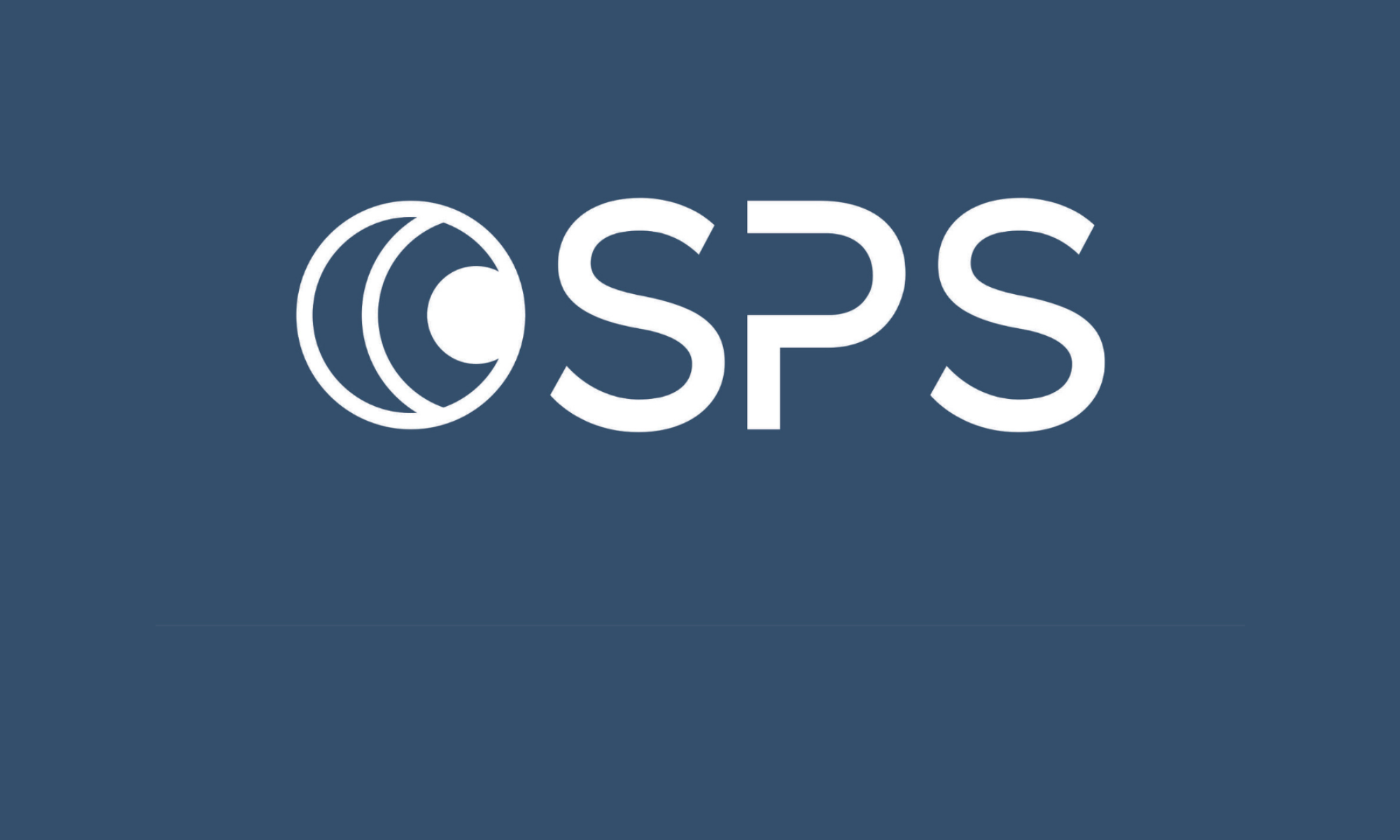Publication ethics is a basic document which obliges the contributors to adhere to ethical principles in the journal’s practice. The principles of publication ethics are binding on all entities involved in the publication of the Studia Politica Slovaca journal (authors, reviewers, editorial board, editor-in-chief, executive editor, publisher). The main aim of publication ethics is to ensure maximum quality, objectivity and transparency of the journal, to guarantee that the published manuscripts comply with the legislation in force and to prevent copyright infringement, plagiarism, reuse of data or the sending of manuscript to multiple publishers and misuse of scientific results. In order to meet these objectives, the following rights and obligations are conferred upon the authors and other interested parties.
The publication ethics of the Studia Politica Slovaca respects the Code of Ethics of the Slovak Academy of Sciences and is based on the Code of Ethics of the Committee on Publication Ethics (COPE) and Elsevier Ethics in Research and Publication.
Rights and duties of Author
- The Author is obliged to examine the instructions for the authors and the guidelines on the publication ethics of the Studia Politica Slovaca journal.
- By submitting the manuscript to the Editorial Board, the Author declares that the submitted work is original and has not been published or offered for publication and will not be offered to any other publisher until the final decision of the Studia Politica Slovaca journal Editorial Board on its publication / non-publication is made. Should the submitted paper be an amended and revised version of the paper published earlier, the Author must state this fact and include the corresponding bibliographic reference as to where the original paper was published.
- The Author is responsible for the content of the work and deliberate misrepresentation is unacceptable. The Author is obliged to immediately notify the Editorial Board of any detected errors in the published work and to provide help in rectifying any inaccuracy. The Author declares that the work has been written in compliance with the standards of scientific approach, while adhering to the correct and complete citation rules. Plagiarism is inadmissible.
- The Author is obliged to include their professional affiliation (place of work, address, e-mail contact).
- The Author is obliged to refrain from any offensive statements that could harm other persons or the reputation of the journal.
Rights and duties of Publisher and Editor
- The Studia Politica Slovaca Publisher and Editorial Board undertakes to act towards all interested parties in the publication process in accordance with the journal’s publication ethics and good morals while avoiding any racial, sexual, religious, ethnic or political discrimination.
- The Publisher and the Editorial Board ensures that any conflicts of interest between the Editorial Board, authors, reviewers and members of the Editorial Board are prevented.
- The Editorial Board is responsible for adhering to the principles of publication ethics.
- The Editorial Board accepts for review original manuscripts of scientific papers and studies that fall within the journal’s scope. The Editorial Board reserves the right to reject the paper that fails to meet the requirements in terms of the journal‘s academic profile, scientific contribution and formal structure. Accepted articles are peer-reviewed anonymously. If a manuscript has been reviewed favourably, the Editorial Board decides whether the paper should be published or not. Exempt from peer review are only articles of informative nature, book reviews, annotations and reports.
- The Editorial Board decides on the publishing or non-publishing of the submitted and reviewed manuscripts.
- The Editorial Board protects the confidentiality of personal data, content of reviews and confidentiality of correspondence of the Editorial Board with authors and reviewers.
- Members of the Studia Politica Slovaca Editorial Board publishing in the Studia Politica Slovaca journal must not abuse their position.
Rights and duties of reviewers
- The Reviewer is obliged to become acquainted with the publication ethics of the Studia Politica Slovaca journal, the form of peer review and the way of its preparation.
- The Reviewer undertakes to evaluate the manuscript in terms of quality of scholarship according to his / her knowledge and conscience objectively, impartially and responsibly.
- Reviewers are selected on the basis of their recognized expertise.
- The Reviewer may decline to review the paper if he/she does not feel sufficiently qualified, does not have enough time to review the manuscript, is biased or if there is a conflict of interest, and promptly informs the Editor of the fact.
- The Reviewer should immediately notify the Editors of any form of plagiarism identified in the submitted paper. The Reviewer is also obliged to notify the Editors of any known similarity between the submitted paper and a paper already published.
- The Reviewer must keep all information regarding the review process secret from third parties.
- The Reviewer will deliver the signed review report in person, mail the report by regular post or alternatively send a scanned report with signature by e-mail to the Editorial Board address.
- The final decision regarding the acceptance or rejection of the manuscript rests fully with the Editorial Board.
Procedure for dealing with cases of unethical behaviour
- Any violation or suspected violation of the publication ethics of the Studia Politica Slovaca journal or any unethical behaviour must be reported to the editor or the publisher of the journal.
- The Editorial Board is obliged to make every effort to investigate the case and to make an appropriate decision. The investigation is conducted impartially, with examination of all relevant evidence. If an author is suspected of violating publication ethics, an impartial expert is invited.
- The investigation may result in informing and instructing the person concerned, a written warning or, where appropriate, withdrawal of the manuscript.
- The journal may terminate collaboration with the person concerned in its entirety.
